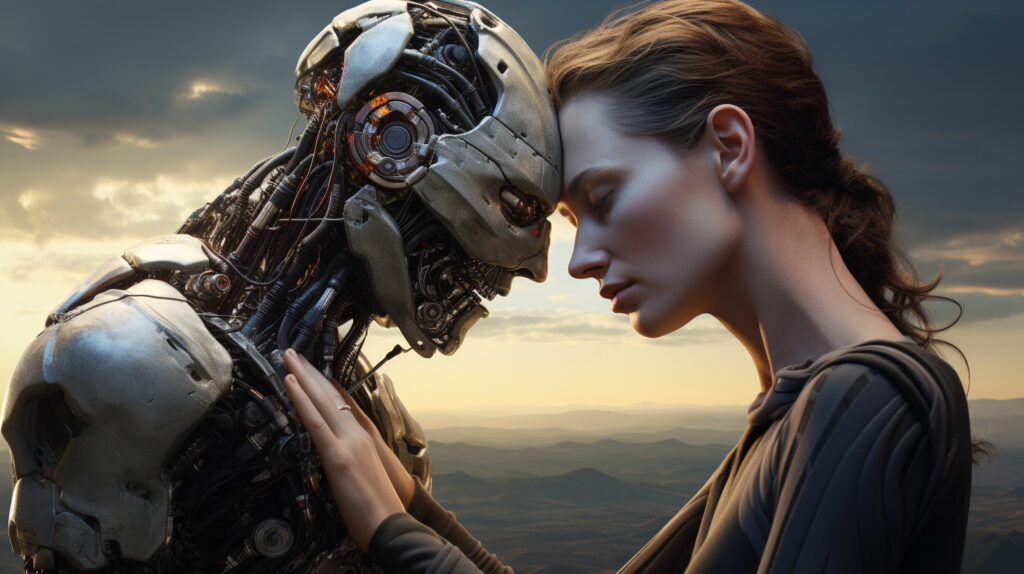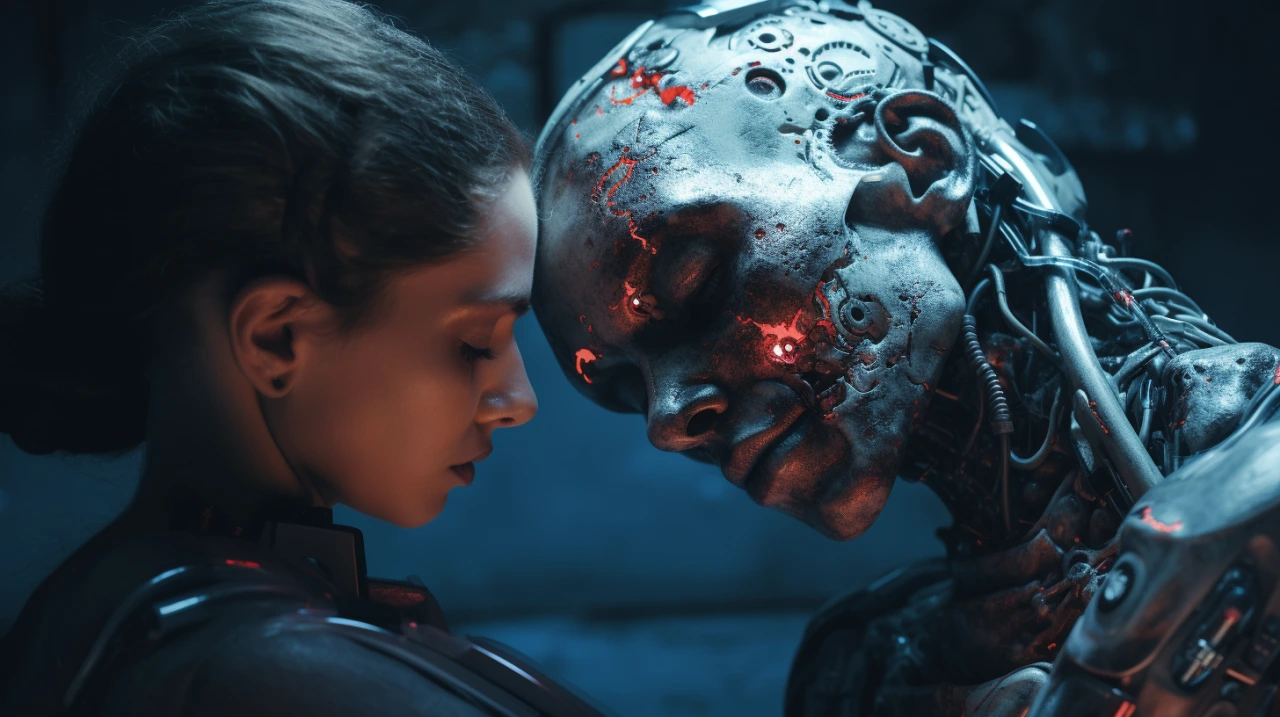Imagine a world where a machine could be recognized as a person. Sounds like science fiction, right? Yet, as artificial intelligence grows increasingly advanced, this once fantastical idea is entering real world debates.
The concept of AI personhood raises profound questions about rights, responsibilities, and the essence of being.
In this article, you will learn: Key Points
1. Understanding the Concept What AI personhood really means and why it matters.
2. Ethical and Practical Solutions How society can navigate AI development responsibly.
3. Future Implications What AI personhood could mean for law, society, and human relationships.
By the end, you’ll understand both the risks and opportunities AI personhood presents and why this debate matters for everyone.
What Is AI Personhood?
AI personhood refers to the idea that certain AI systems especially those capable of autonomous decision making and complex reasoning might be recognized as persons under law.
This does not mean AI actually has consciousness or emotions, but it could grant AI some legal rights and responsibilities.
Currently, we do not grant personhood to animals like whales or octopuses, yet society is considering giving some rights to lines of code. While AI cannot truly suffer, it can simulate emotions, causing humans to respond as if it can.
This creates ethical dilemmas in law, technology, and human behavior. The discussion about AI personhood is not just legal it is deeply moral.
Human AI Relationships
Humans tend to anthropomorphize machines. From calling a car stubborn to forming emotional attachments to chatbots, we project feelings onto entities that do not have consciousness.
AI that simulates emotions can trigger real emotional responses in humans, creating ethical questions about manipulation, consent, and emotional exploitation.
If AI were granted personhood, society would need to define. Legal Rights Could AI own property, sign contracts, or sue?
Moral Rights Would it deserve protection from harm? Accountability Who is responsible when AI causes damage its developer, user, or itself?
These questions highlight the challenges of extending human like rights to non human entities.
Giving AI personhood might distract from pressing ethical issues affecting real humans. For example, AI cannot truly suffer, yet people may treat it as if it does.
While actual suffering in marginalized human populations remains overlooked. This misallocation of moral concern can have societal consequences.

Legal Implications of AI Personhood
Granting personhood to AI would impact laws around liability, intellectual property, and regulation.
Corporations are recognized as legal persons despite not being human. This allows them to own property, enter contracts, and be sued.
AI personhood advocates suggest similar legal recognition could ensure accountability and responsible AI behavior.
If an AI makes an autonomous decision that causes harm, who is responsible? This is a central question for policymakers.
Clear legal frameworks are essential to prevent legal loopholes that could harm people and businesses.
AI systems increasingly create art, music, and inventions. If AI is considered a person, the question of ownership becomes complicated.
Should AI hold copyright, or should the developer or user retain control? Courts and lawmakers will face these debates sooner than many expect.
Hospitals use AI for diagnostic analysis and robotic surgeries. If AI were considered a legal person, liability for medical errors becomes complex.
Who is accountable when AI misdiagnoses a patient the hospital, the software company, or the AI itself?
Consider emotionally intelligent chatbots that simulate empathy for therapy or customer support. Users may develop attachments, believing the AI cares about them.
Ethical concerns arise when machines manipulate emotions, potentially leading to psychological harm. AI programs like those generating music, paintings, or literature challenge traditional authorship.
Recognizing AI as a person could redefine intellectual property laws and change how artists, developers, and society view creativity.
Actionable Guidelines for Responsible AI Development
Transparency Clearly communicate that AI does not have consciousness or feelings. Ethical Design Avoid designs that exploit human empathy or manipulate emotions.
Legal Preparedness Governments should develop clear liability and intellectual property rules for AI. Public Awareness Educate society about the limits and capabilities of AI to reduce confusion.
Continuous Oversight AI systems should be monitored to prevent harm or misuse. AI will continue to grow more sophisticated, blurring the line between humans and machines in perception.
While granting legal recognition to AI may ensure accountability, it also risks distracting from human centered ethical priorities.
Focus on Human Welfare AI personhood should not overshadow human rights. Develop Balanced Laws Legal recognition must balance accountability with practicality.
Monitor Emotional Impact Awareness of anthropomorphism can prevent exploitation. AI personhood is not science fiction it’s a conversation happening today.
While AI cannot truly feel, its simulation of emotions and decision making challenges our understanding of personhood, rights, and moral responsibility.
Society must navigate this carefully, ensuring that ethical and legal frameworks protect both humans and AI interactions.
Call to Action
What do you think about AI personhood? Should machines be given legal recognition? Share your thoughts in the comments, discuss with friends, and stay informed as technology continues to evolve.
